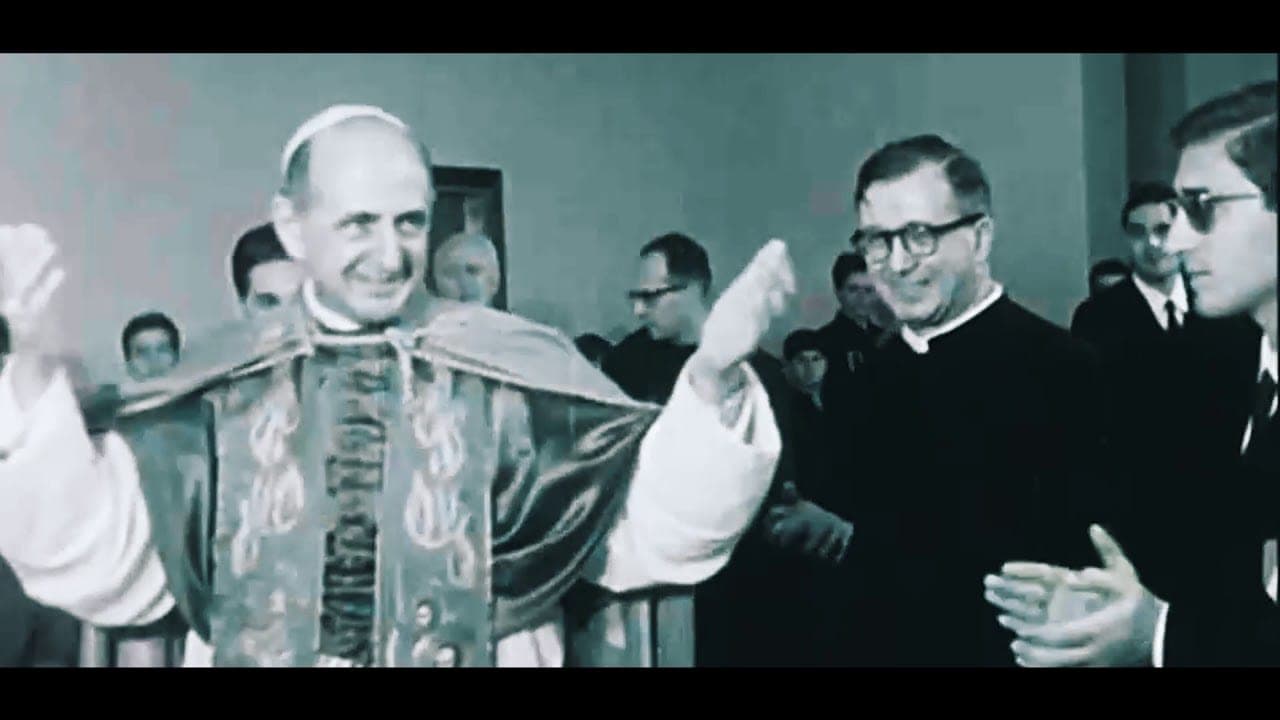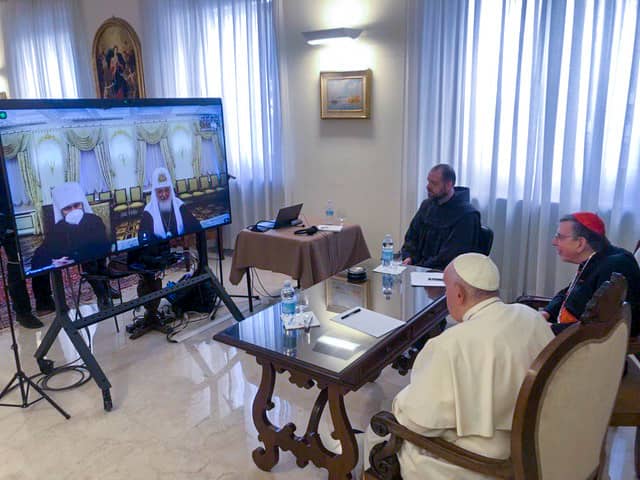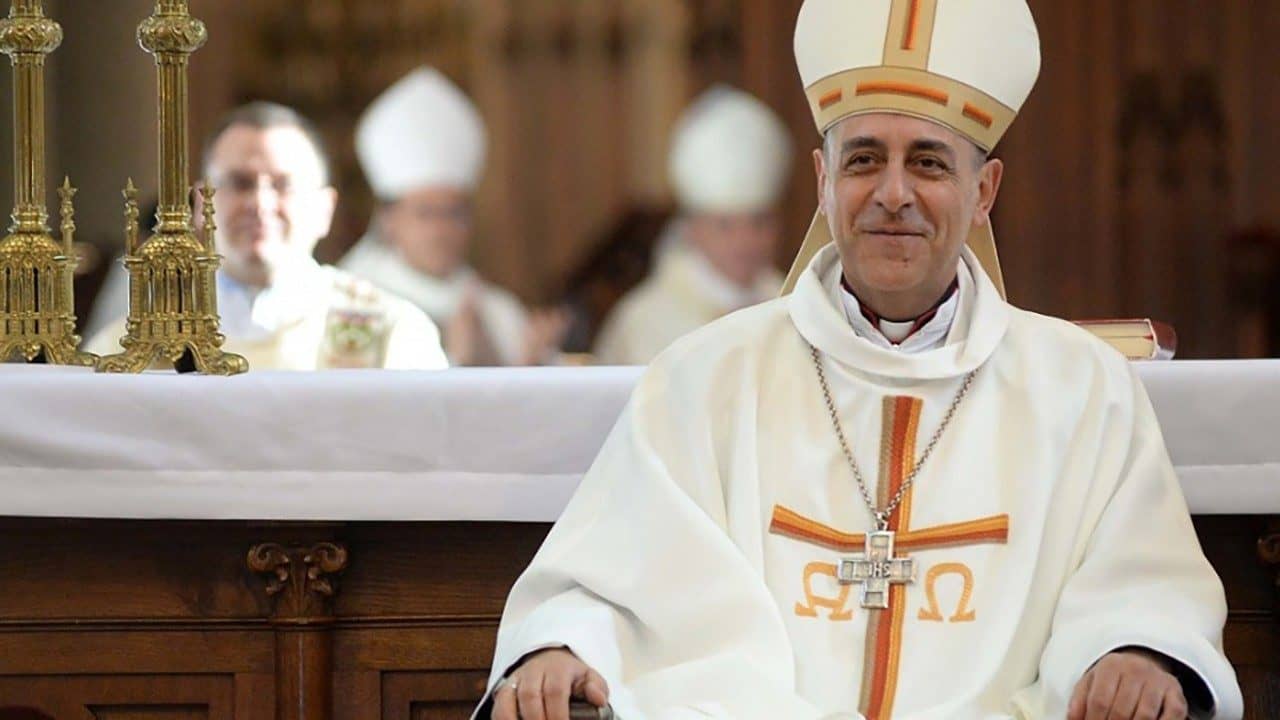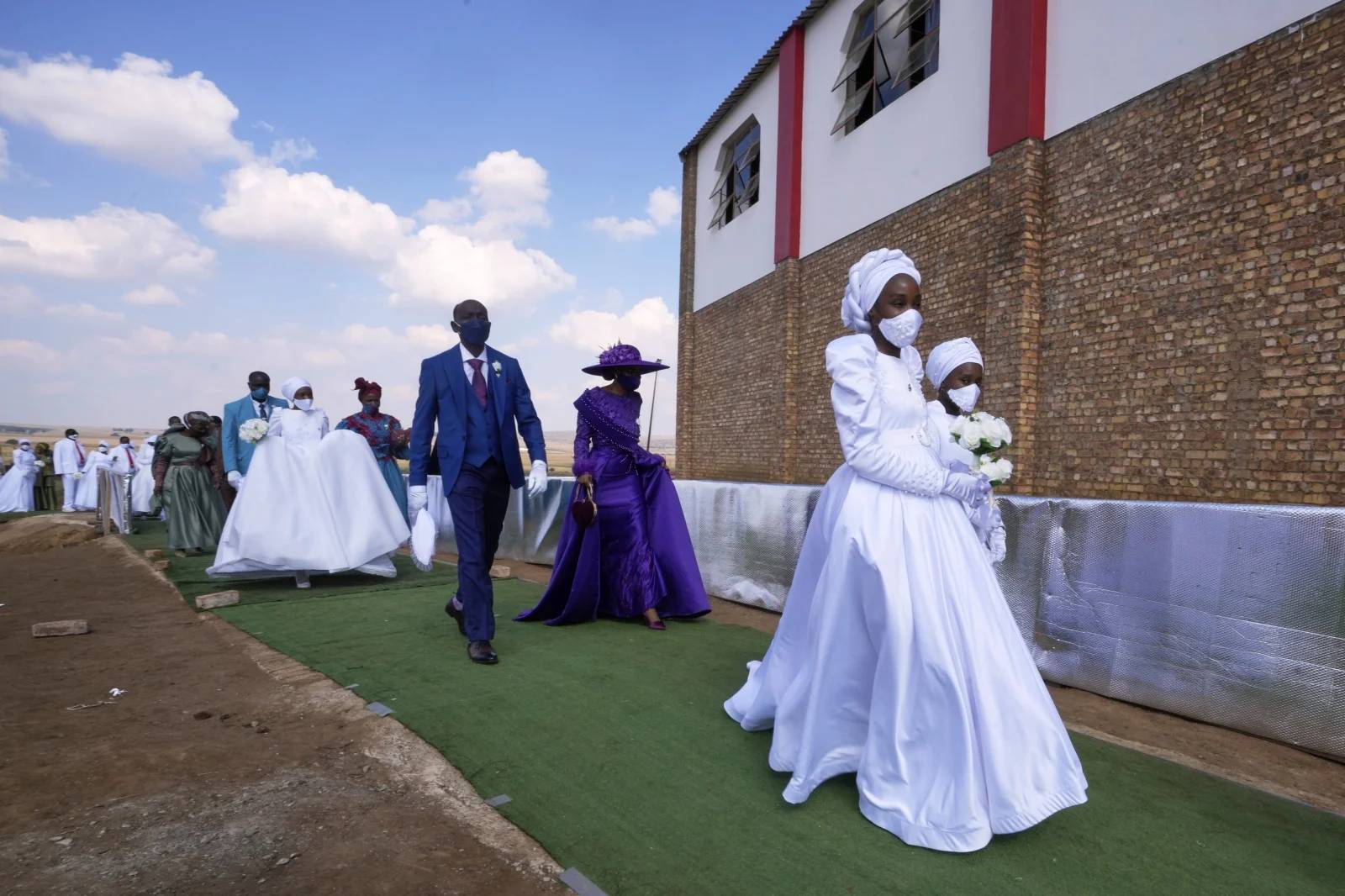ROME – Without any doubt, the superstars among the seven people being canonized by Pope Francis today are Pope Paul VI and Archbishop Oscar Romero of El Salvador, and in some ways the two may seem very different kinds of saints.
Paul VI was a consummate Vatican insider, very much a man of the system; Romero, on the other hand, was a man of the people slain for his advocacy of the poor.
Yet there are many things that link them, beginning with the fact that it was Paul VI who actually made Romero a bishop and later transferred him to San Salvador, setting the stage for the rest of his dramatic life and death.
Aside from such obvious matters, here’s one that’s more obscure, and it actually says something important about the Catholic Church: Both men were also admirers, in their own ways, of Opus Dei.
Opus Dei, of course, is an institution (technically a “personal prelature”) founded by Spanish St. José María Escrivá in 1928, which incorporates both priests and laity, men and women. Though its core idea is seeing one’s ordinary, everyday work as a personal pathway to holiness – which is, needless to say, hardly an ideologically charged concept – over the years it’s been seen as a predominantly conservative force in Catholicism, making both Romero and Paul VI unlikely candidates to be fans given their public reputations.
Yet Romero almost couldn’t find enough ways to manifest his esteem.
Here’s what he wrote in his diary on Sept. 6, 1979: “Opus Dei performs a silent work of deep spirituality among people who work, students and laborers. I think it’s an immeasurable treasure for our Church; the holiness of work for laity, everyone in their profession.”
It’s well known that Romero’s personal confessor for almost 15 years was an Opus Dei priest, first Father Juan Aznar and later Father Fernando Saenz, who would replace Romero as Archbishop of San Salvador after his death. (In Catholic circles, for those who don’t know, clergy of Opus Dei generally enjoy a reputation as talented confessors.)
On July 12, 1975, after Escrivá died, Romero wrote to Paul VI to ask, “in the name of the greater glory of God and the welfare of souls,” that a cause be opened for Escrivá’s beatification.
In that letter Romero expressed “profound gratitude to the priests of Opus Dei, to whom I have confided, with much fruitfulness and satisfaction, the spiritual direction of my own life and that of my priests. … Monsignor Escrivá, whom I knew personally, could enter into a continuous dialogue with the Lord, with great humanity. It became immediately clear that he was a man of God, his behavior was full of delicacy, affection, and good humor.”
Romero’s former priest secretary, Jesús Delgado, once said at a Roman event that contrary to popular impression, the books on Opus Dei Romero owned were well-thumbed, while his collection on liberation theology was basically untouched. (Delgado was expelled from the priesthood two years ago over charges of sexual abuse, but that doesn’t necessarily impugn his memory of Romero’s preferences in literature.)
In fact, Romero spent the morning of March 24, 1980 – the day he was assassinated – attending an Opus Dei retreat, and one of his favorite ways to spend part of a weekend in San Salvador was to hang out with Opus Dei youth.
As for Paul VI, it’s a slightly more complicated story.
According to a senior Opus Dei official, Escrivá always said that Monsignor Giovanni Battista Montini, the future Pope Paul VI, had been “the first friend of Opus Dei in Rome” during the period when Montini was the sostituto, or “substitute,” of Pope Pius XII in the 1930s and ’40s.
Legendarily, however, Pope Paul refused to grant Escrivá an audience during the latter stages of his papacy and also spurned requests from Opus Dei to review the question of its canonical status. (Opus Dei wanted a canonical category that would protect its unique identity as a mixed body of clergy and laity, men and women, a step that didn’t arrive until 1982 under St. Pope John Paul II.)
Insiders attributed the freeze-out of Escrivá to the influence of Monsignor Giovanni Benelli, Paul’s top aide who would later become a cardinal. Acting at Paul’s behest, Benelli wished to fashion a Catholic political party in Spain along the lines of Italy’s Christian Democrats that would usher in a post-Franco future. Escrivá refused to enlist Opus Dei, believing a single Catholic party might not be a good idea for the Church, and further, that he could not dictate the political choices of his members. Benelli took this as an indication of disloyalty.
Even Benelli, however, once said that what St. Ignatius of Loyola, the founder of the Jesuits, was to the 16th-century Council of Trent, Escrivá was to the Second Vatican Council, meaning the saint who translated the council into the life of the Church.
As for Paul VI, whatever his actions as pope, it remains a fact that he used the writings of Escrivá in his private prayer, and he also named Father Alvaro Portillo, who would later succeed Escrivá as head of Opus Dei, to several key commissions of the Second Vatican Council during all four years it was in session.
What all this perhaps suggests is two points.
First, Romero and Paul VI had expansive enough minds and big enough hearts not to be held hostage to the left v. right divides that often bedevil Catholic life, and to think in deeper and more creative terms about what’s truly important.
Second, that’s a part of both men’s legacies that the oft-divided Church of the early 21st century might benefit from pondering today, watching Pope Francis inscribe both in the Church’s roll call of saints.














